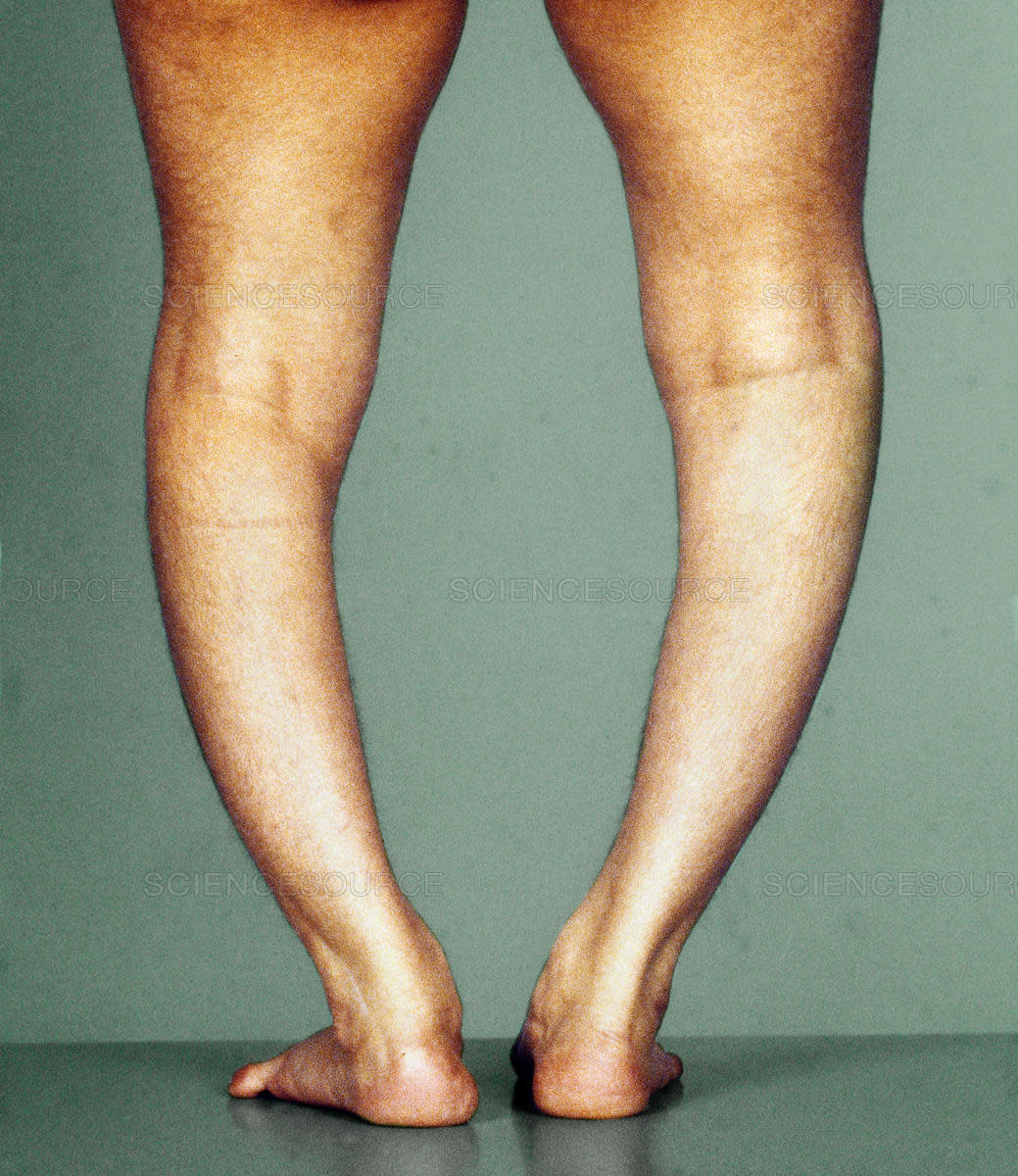5 Signs That You're Lacking Vitamin D

The Sunshine Vitamin
Staying healthy isn't the easiest thing to do. Not only do we have contradicting information plastered all over the internet on how to stay healthy, we tend to live busy lives that require the most of our day which leaves precious little time to maintain our health. Often times we learn too late that we have neglected our bodies needs by ignoring simple signs that reveal we're heading into a state of decline. Vitamin D is one of those many things we need more of; it's a vitamin that is vital to our health and happiness while also being one of the most common deficiencies that people will obtain over time.

Depression
A lack of this sunshine vitamin has been shown to increase levels of depression. While the process is not fully understood, scientists have theorized that the receptors in our brains that were made specifically for vitamin D help produce serotonin when the vitamin binds to these receptors.
This means that the body would be able to regulate serotonin production more efficiently which, in turn, would reduce the rate and severity of depressive episodes. Bottom line, if you're experiencing the blues more often than not, it may be time to reevaluate your vitamin D intake.

Illness
Everyone gets sick at some point or another. It's a common annoyance that we have to deal with as we progress through the seasons and interact with other people. However, feeling sick more frequently than when the common bug gets passed around the office may indicate that it's time to look at the root cause.
Vitamin D has a very strong connection with your immune system, working with white blood cells to fight off infections that threaten your body's functions. Studies have shown that patients who took high doses of vitamin D for one year saw drastic improvements to their health and a lowered rate of sickness caused by the common bug. Individuals that suffered from chronic lung conditions also experienced benefits from taking a vitamin D supplement.
Those who have chronic low vitamin D levels have been shown to run a higher risk of obtaining severe diseases. Cases that had a severe lack of vitamin D have been linked to dementia in the elderly, prostate cancer, schizophrenia, and heart disease, among other issues. Individuals who retained a normal level of vitamin D seemed to have their risk percentage cut almost by half.

Chronic Fatigue
First off, it's important to understand the difference between being tired and being fatigued. A great example of being tired or sleepy can easily be recognized by being able to find a comfortable place to relax and drifting off to sleep seamlessly, and, usually, it's associated with not getting enough sleep in the first place.
Fatigue is a complete lack of energy. Some may compare it to feeling similar to having just run a marathon but the feeling lasts all day. When someone is fatigued, they likely have a hard time completing tasks and usually can't fall asleep if presented with the opportunity to take a nap. People with fatigue usually have underlying health problems that are causing their complete lack of energy. More often than not, those who suffered from chronic fatigue were found to have low vitamin D in the blood. Upon receiving a supplement, patients showed improvements in their energy levels within a week after starting them.
Back Pain
Aches and pains are common occurrences that we experience as we grow older with time; the body is not immune to the aging process. When we start noticing pains in more specific regions of our bodies, then it may be time to take a more critical look at why that may be. Vitamin D has been frequently linked with bone health; its presence allows bones to absorb calcium more readily, which as many are aware, contributes to how strong our bones become.
People who have complained of lower back pain or pain in their bones have been linked to having dangerously low levels of vitamin D in their systems. Ignoring this fact for too long could result in costly surgeries that will cause movement issues and potentially more pain in the end. This, of course, leads us to our last sign...
Bone Loss
It may not be difficult to understand how this is related given the information in the last segment. Vitamin D is essential for bone and muscle health, allowing calcium to be drawn from our gut to build a stronger bone structure which will prevent fractures from minor falls later on. It may not come as a surprise that those who suffer from a vitamin D deficiency may also have a higher risk of suffering from Osteoporosis, which has become very common in the elderly, and especially women. Many would just assume that taking supplements with more calcium is the cure for this ailment but while calcium may be lacking, vitamin D is more than likely lacking as well, and taking both will aid significantly in strengthing your bone density.
Conclusion
Vitamin D is extremely important to your body's health and a deficiency is easy to correct. An average adult needs at least 600 UI of vitamin D to retain normal levels in the body. Most of your basic multivitamins will have, at a minimum, this amount. Otherwise, it's as easy as going outside and getting a little sunshine with the proper sun protection, or eating healthy foods such as fish, eggs, and mushrooms. Fortified milk and other advertised drinks will also have vitamin D available, just check the nutritional information provided on the product to see how much you'll get per serving.
Those who have been chronically deficient for some time might be prescribed a higher amount of vitamin D by a doctor to counteract the damage that has been done. Unless advised by your doctor, you should only take a normal dosage of vitamin D to keep your body healthy. Too much vitamin D could have just as bad as an impact on you as being deficient.
It's important to recognize the signs your body will display when what you're doing just isn't enough to keep it healthy. Acting on these signs and correcting the problem in the present will preserve your health down the road, whereas continuing to ignore the problem will only cause more issues, some permanent, that could've been easily prevented with a simple supplement.








